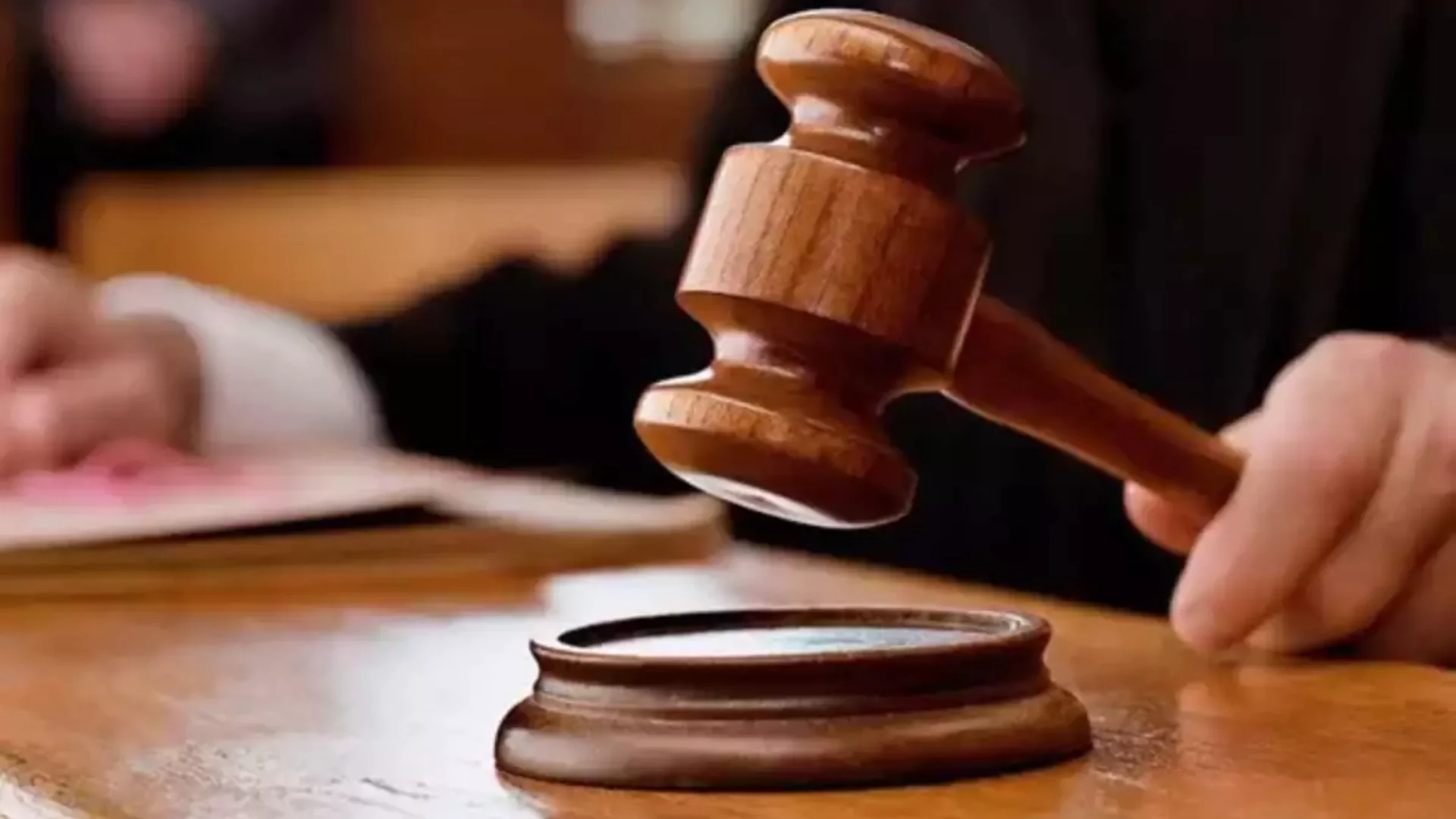The Uttarakhand High Court, on Wednesday, granted “default bail” to 50 individuals accused in connection with the Haldwani violence that occurred in February. The court’s decision was based on the failure of the police to file a chargesheet within the stipulated 90-day period, as required under the Criminal Procedure Code (CrPC). The division bench, consisting of Justice Manoj Kumar Tiwari and Justice Pankaj Purohit, also overturned a lower court’s order that had granted the police an extension to submit the chargesheet.
Background of the Haldwani Violence
The violence in question took place on February 8 in the Banbhoolpura area of Nainital district. The unrest was triggered after the local administration conducted a demolition drive, targeting a mosque and a madrasa that were allegedly constructed on Nazool land — government property that is not officially recorded in revenue documents. During the protests, stones were pelted, vehicles set on fire, and a mob surrounded the local police station. In response, Chief Minister Pushkar Dhami issued shoot-on-sight orders. The violent confrontation resulted in the deaths of at least five people, and numerous others, including police officers, were injured.
Following the incident, more than 90 people were arrested, including five women. In July, the Uttarakhand High Court had already granted bail to Safia Malik, the wife of Abdul Malik, who was declared the alleged mastermind of the violence.
ALSO READ: First Meeting Of National Task Force (NTF): A Big Step For The Safety Of Doctors
High Court Criticizes Investigation for Delay
In its order, the High Court pointed out that the accused had been in judicial custody since February 13, and the 90-day deadline for filing the chargesheet had lapsed. The court expressed concern over the “sluggish” pace of the investigation, stating, “We did not notice promptitude in the investigation; rather the investigation was sluggish, and for such a sluggish investigation, the appellants cannot be made to suffer.”
The court further criticized the conduct of the investigating officer, highlighting that in the three months since the incident, statements from only eight official witnesses and four public witnesses had been recorded. “The height of the sluggish investigation is that in the first month, only two public witnesses and one official witness were examined,” the court noted.
Delays in Evidence Submission Raise Concerns
The High Court also raised serious concerns about delays in submitting evidence for forensic analysis. “The arms recovered on February 13 were sent to the Forensic Science Laboratory (FSL) only on April 1, after an inordinate and unexplained delay of 45 days. Further, the articles seized on April 16 were sent only on May 18, after the period of 90 days was over,” the court observed. The judges expressed dissatisfaction with the reasons provided by the investigating officer for needing more time, stating that the continued custody of the accused was not justified given the circumstances.
Reactions from Legal Representatives
Speaking to The Indian Express, High Court lawyer Ahrar Baig, who represented a family in a petition against the demolition that led to the violence, noted, “There was a delay in filing the chargesheet as the police took more than 90 days. The state government said that they needed extra time because elections hindered the process. A lower court twice extended the time of the investigation. This was challenged in the High Court, which granted bail to the accused on Wednesday. The bail was not on merit, but because it was within the right of the accused.”
Future Implications
This decision is likely to have significant implications for the ongoing case and may affect how future investigations are conducted in similar situations. The High Court’s criticism of the investigation’s delay and its insistence on upholding procedural law underscore the importance of timely legal processes and adherence to established legal timelines.
READ MORE: India Calls For Speedy Reforms In UN Security Council Discussions






















